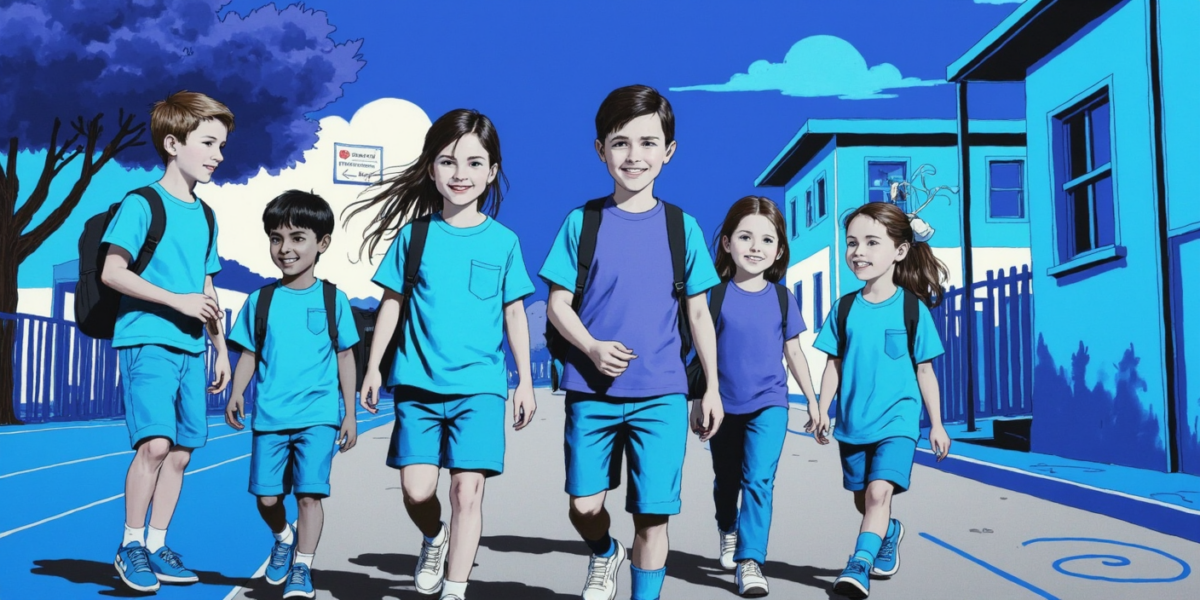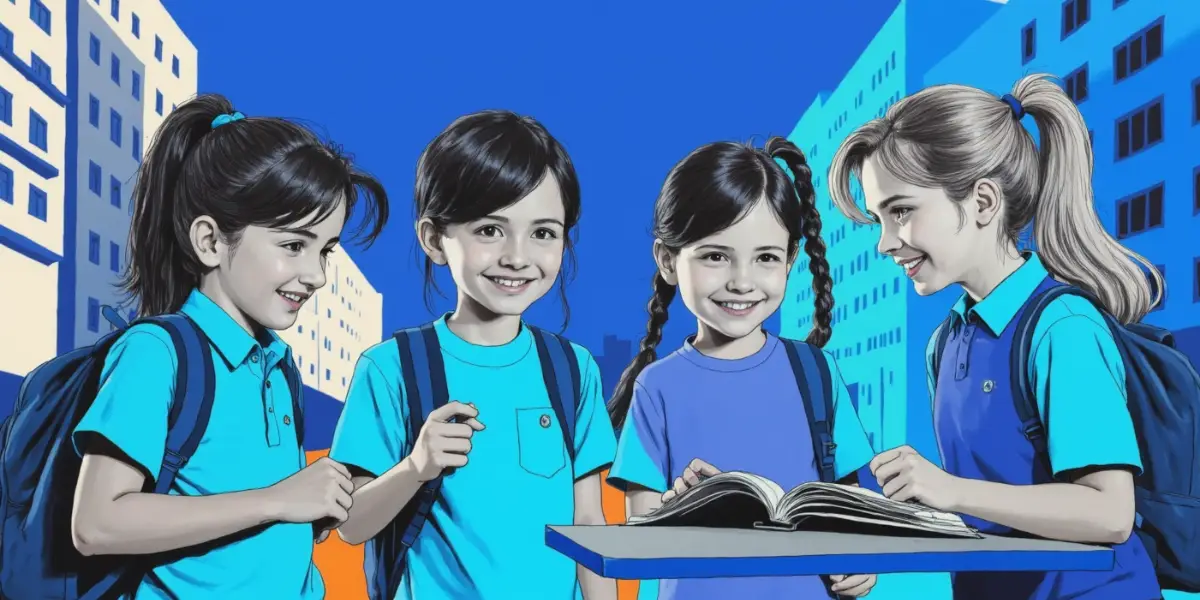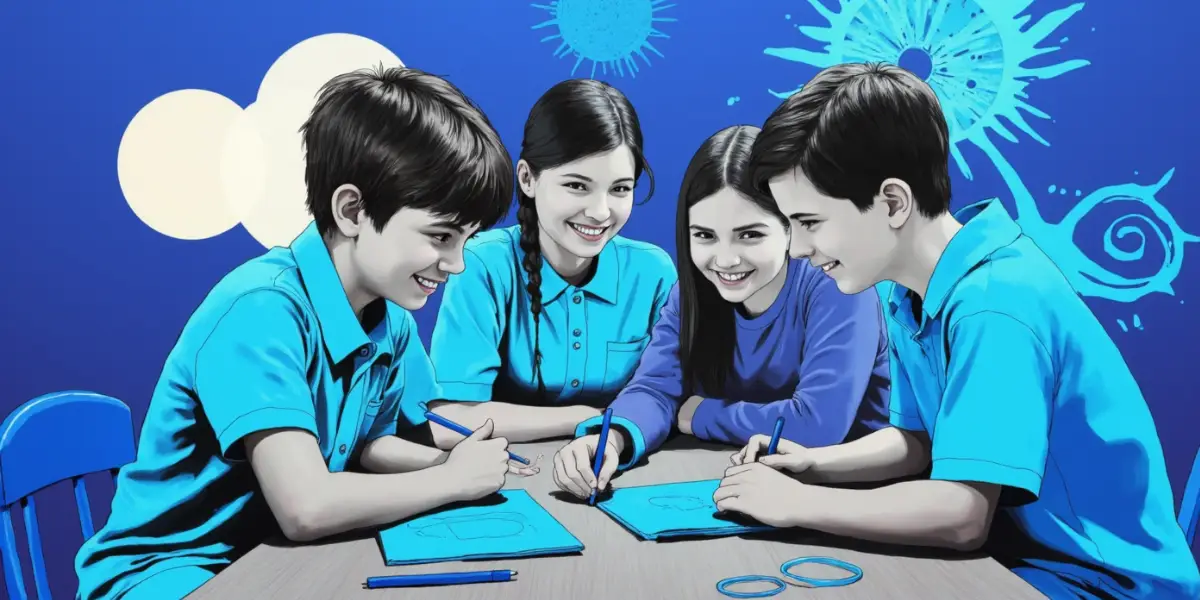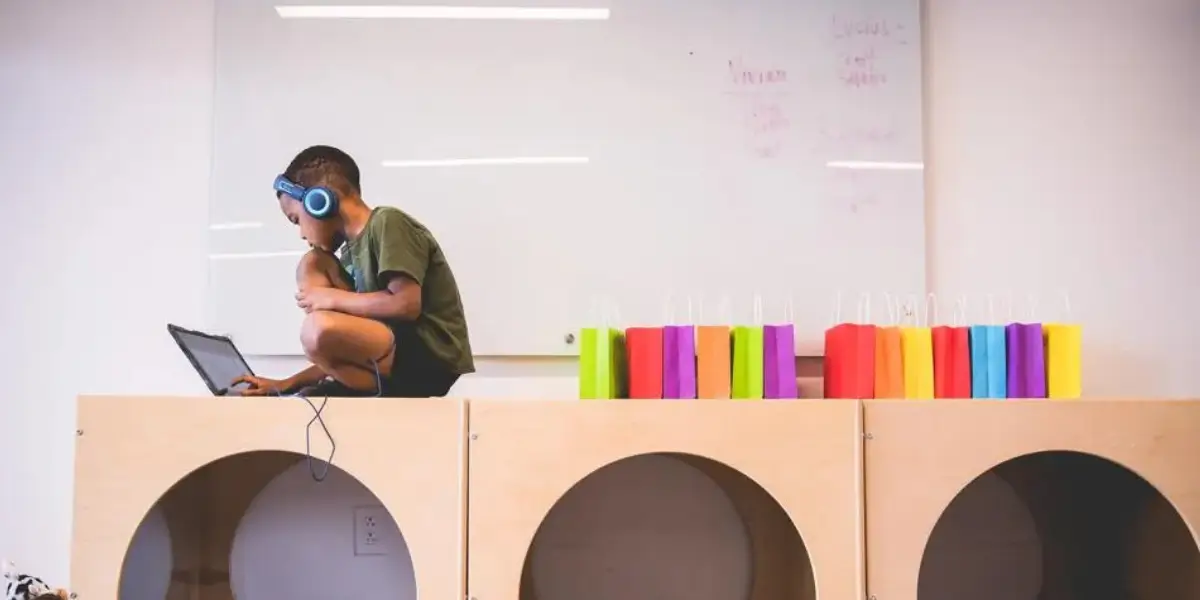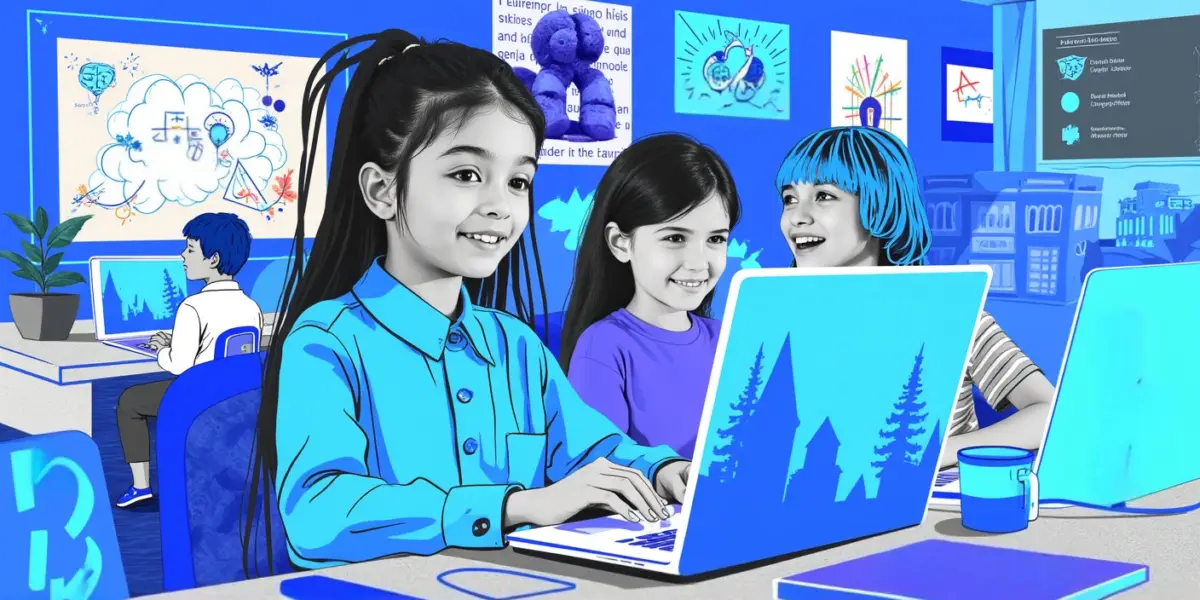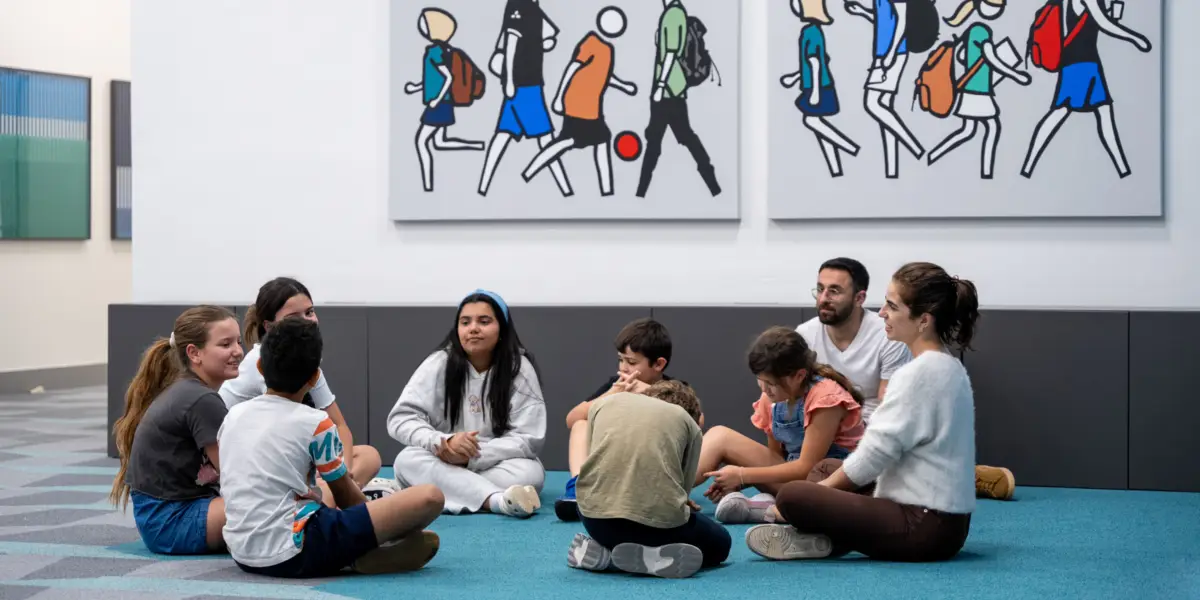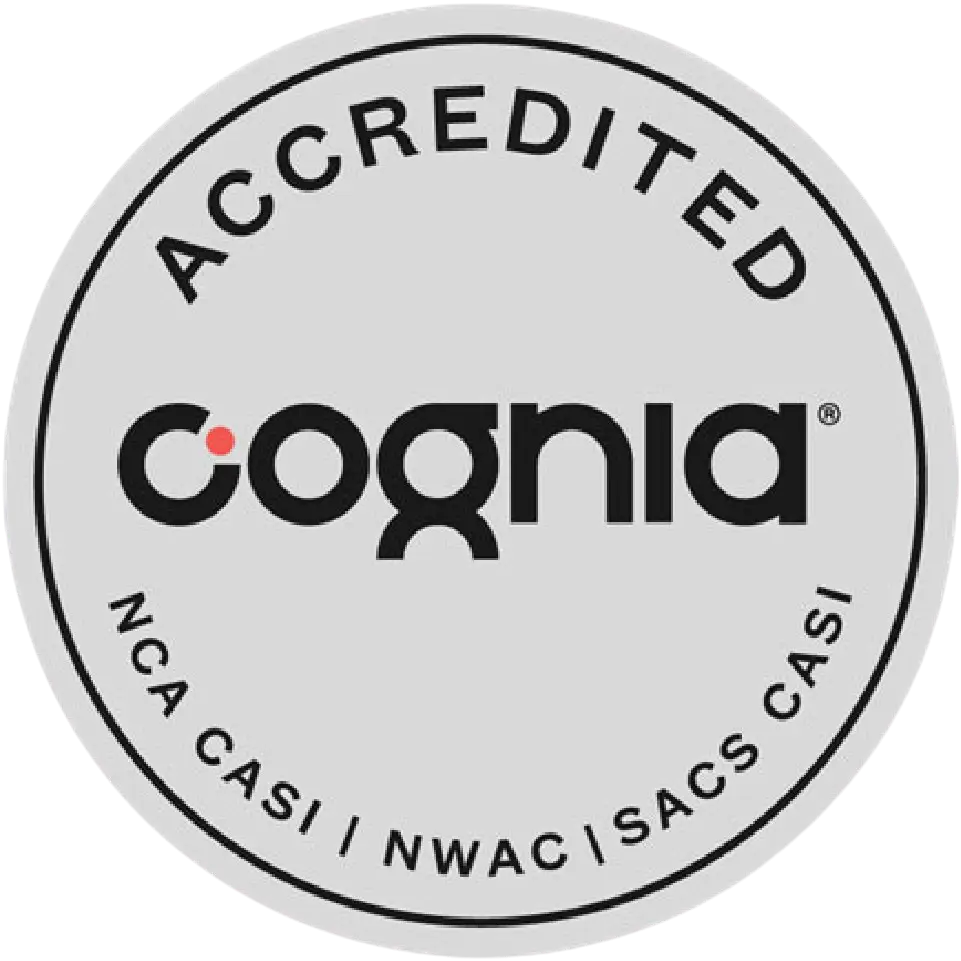What Schools Use a 2 Hour Learning Model for High School Students?
Kelly Davis
on
March 28, 2025
What Schools Use a 2 Hour Learning Model for High School Students?
Today, traditional beliefs about education—like the idea that longer school days yield smarter students—are getting a serious makeover. Some high schools and specialized academies are embracing the challenge by implementing a bold 2 Hour Learning model. This innovative strategy enhances student engagement and learning efficiency by condensing instruction into carefully designed, personalized sessions. Could this model be the golden ticket for tapping into hidden student talents? Let’s break down the model, spotlight the innovative schools giving it a go, and ponder what it might mean for the future of education.
What Is the 2 Hour Learning Model?
Breaking the Mold: From Traditional to Transformative
For decades, high schools have often locked students into long, structured days chock-full of lessons that sometimes fail to stick. Designed for an earlier era, this approach may no longer suit our fast-paced, digital world. Enter the 2 Hour Learning model—a game-changer that distills the heart of education into two hours of intense, purpose-driven instruction. It’s about stripping away the excess and focusing on exactly what matters.
The Mechanics of the Model
Rather than simply trimming hours, the 2 Hour Learning model reimagines the school day to pack more substance into focused learning bursts. Classes are lively and customized—often powered by tech that adapts to each student’s needs—aiming to bolster comprehension and retention. By concentrating on core subjects and skills, the model helps prevent the burnout that too often plagues endless, passive learning. As MacKenzie Price, Co-founder of Alpha School, explains, “That’s the beauty of what AI technology and adaptive app learning enables… providing that personalized learning experience for students” (This school will use artificial intelligence to teach students in 2 hour models).
Philosophies Fueling the Change
Progressive educational philosophies have long championed the idea of quality over quantity. For instance, approaches inspired by systems like Montessori foster student-led exploration at each learner’s pace—an ideal match for concentrated, impactful sessions. Additionally, modern technology’s role in establishing adaptive learning platforms dovetails perfectly with the spirit of the 2 hour model, enabling personalized learning paths that make efficient use of time.
Which Schools Are Implementing the 2 Hour Learning Model?
Several innovative schools and academies are redefining how education can work by embracing the 2 Hour Learning model. In this revised landscape, focus is shifting to specialized institutions that blend rigorous academics with targeted enrichment opportunities. Let’s look at some standout examples:
- Alpha School: Located in Austin, Alpha School employs the 2 Hour Learning framework to offer a truly individualized education. In the mornings, students receive AI-driven instruction designed to meet their precise learning needs. As highlighted by local media outlet FOX 7 Austin, afternoons are dedicated to workshops that hone life skills such as public speaking, entrepreneurship, and teamwork.
- Alpha High School: Also based in Austin, Alpha High School extends the 2 Hour Learning model to older students. This academy places a strong emphasis on accelerated academics while integrating real-world projects that cultivate essential skills for life after high school.
- Texas Sports Academy: Marrying the demands of athletic training with academic excellence, Texas Sports Academy uses the 2 Hour Learning methodology to keep student-athletes sharp in the classroom. Compressed academic sessions free up substantial time for sports training and physical education, ensuring that both mind and body develop in tandem.
- GT School: Specifically designed for gifted and talented students, GT School leverages the 2 Hour Learning model to deliver advanced academic material tailored to each student’s pace. With an emphasis on challenging coursework and critical thinking, GT School fosters an environment of advanced learning where every student is encouraged to excel.
- Next Gen Academy: Recognizing the passion many students have for gaming and technology, Next Gen Academy transforms that enthusiasm into a robust academic foundation. Using the 2 hour approach, the academy strikes a careful balance between core academics and students’ interests in technology and gaming, cultivating both technical proficiency and comprehensive life skills.
What Benefits Does the 2 Hour Learning Model Offer High School Students?
Enhanced Academic Performance with Focused Learning
Short, intensive periods of instruction allow students to zero in on core concepts and skills. With lessons carefully tailored and powered by individualized approaches, students often see boosted engagement and deeper understanding. A growing body of evidence substantiates claims of improved academic performance under personalized, mastery-based learning approaches. A comprehensive RAND Corporation study found that “Compared to peers, students in schools using personalized learning practices are making greater progress… and those who started out behind are catching up to perform at or above national averages.” The study noted these gains accumulated over time, especially helping lower-performing students close achievement gaps.
Real-world examples like Lindsay Unified School District show dramatic results: after adopting a competency-based model, proficiency rates nearly doubled, performance relative to similar districts jumped from the 33rd to the 87th percentile in ELA, and graduation rates reached 94.7%. At Alpha School, co-founder MacKenzie Price reports that despite only two hours of daily academics, students “still outperformed peers in traditional school,” with progress placing them in the top 2% nationally. Internal tracking shows Alpha students learning roughly twice as fast as typical students (Alpha School uses AI to teach students academics for just two hours a day | FOX 7 Austin). Price states, “under 2 Hour Learning our results are incredible”. This aligns with a Harvard study where students using an AI tutor learned more material and scored substantially higher than peers in a traditional class.
Improved Mental Health, Well-Being, and Engagement
High school students today face unprecedented levels of stress. A model prioritizing quality over quantity lightens the academic load, giving students time for personal interests, exercise, or downtime, vital for mental health. Personalized learning also boosts engagement. The aforementioned Harvard study found students using an AI tutor “self-reported significantly more engagement and motivation to learn.” Similarly, Lindsay Unified School District saw its School Climate Index jump from the 52nd to the 97th percentile after implementing personalized learning, indicating students felt far more supported and engaged. As one Alpha student, Elle Kristine, contrasted her experience with friends in traditional schools: “they’re doing so much homework, they’re so stressed out, and they’re just miserable. [At Alpha] we finish our academics in three hours, and spend the rest of our time working on passion projects… It’s awesome.” (AI ‘tutor’ boosts Texas private school test scores to top 2% nationally | Fox News).
Opportunities for Enriched Experiences and Efficiency
Condensing academic instruction frees up significant time. MacKenzie Price notes, “Kids don’t have to sit in class doing academics for six hours a day, they can crush their academics in only two hours and develop life skills the rest of the day.”. This efficiency is possible because students work at their own pace, getting targeted help when needed. A 9-year-old Alpha student, Marshall, explained the benefit of their AI tool: “If you get a question wrong, [the app] gives you an explanation of how to get it correct… And that helps you.”. This allows students to pursue internships, community service, arts, sports, or personal projects like Elle’s AI app development, enriching their overall development.
Strengthened Family and Community Connections
Fewer hours in formal school mean more quality time at home. With additional opportunities to bond over shared meals, activities, or community involvement, families can build stronger connections and foster a more balanced, supportive environment. Parent Scott Jensen, initially skeptical about Alpha’s model, shared his positive experience: “We had a fear of whether this is going to work… Will they lose a year? But… It’s working. It’s working for all the kids at the school.” (*).
What Challenges Exist in Implementing a Shortened School Day and How Can They Be Overcome?
Facing the Inevitable Hurdles
Implementing a 2 Hour Learning model isn’t without challenges. Key concerns include:
- Coverage of Required Curriculum: Fitting essential content into two hours requires meticulous planning. • Teacher Adaptation and Workload: Teachers need support to adjust strategies and potentially learn new technologies. • Perception and Acceptance: Convincing stakeholders requires evidence and open dialogue. As RAND’s John Pane advised regarding personalized learning, “People should not necessarily buy into the hype…” (Personalized Learning: What Does the Research Say?).
Strategies for Successful Implementation
- Emphasizing Quality over Quantity: Focus intensively on core competencies with well-planned curricula. • Professional Development for Educators: Equip teachers with training in personalized and tech-integrated methods. • Engaging Stakeholder Communication: Share successes and challenges transparently to build trust. • Leveraging Technology: Use adaptive platforms and digital tools for efficient, personalized instruction.
What Success Stories and Future Directions Exist for the 2 Hour Learning Model?
Positive Outcomes from Early Adopters
Preliminary reports and data from schools like Alpha and districts like Lindsay USD indicate higher student engagement, improved academic performance (sometimes dramatically accelerated), and enhanced well-being. Teachers also benefit from focused environments.
Research Supporting the Approach
While research on radically shortened days combined with AI is early, studies on personalized and mastery-based learning show promise. Major investments have spurred research since the 2010s, with initial findings showing improved scores and engagement. The RAND studies showed clear gains, especially for lower-performing students. Follow-up research confirmed positive effects, particularly in math, though outcomes depend on implementation quality. Studies involving AI tutors at Harvard and Stanford also demonstrate accelerated learning and improved performance.
Looking Ahead: The Potential for Broader Adoption
The 2 Hour Learning model aligns with trends toward personalized, efficient learning. As technology evolves and more data emerges, wider adoption seems increasingly plausible. As the Brookings Institution summarized, personalized learning “continues to look promising“. Ongoing research will shed light on long-term impacts.
Policy Implications and Educational Leadership
Flourishing requires support from leaders and policymakers—rethinking regulations, funding initiatives, and fostering research into alternative models that prioritize effective learning and student well-being.
Conclusion
The 2 Hour Learning model challenges traditional frameworks by championing concentrated, personalized instruction. By incorporating innovative approaches—like AI in schools such as Alpha School and Alpha High School, and specialized programs at Texas Sports Academy, GT School, and Next Gen Academy—education is becoming more dynamic. Early data and testimonials suggest students can learn more efficiently, achieve strong academic results, and enjoy a more balanced, less stressful school experience. As we prepare students for the future, embracing systems that meet the needs of today’s learners seems essential.
FAQs
Q: Can the 2 Hour Learning model adequately prepare students for college and standardized tests?
A: Absolutely. By zeroing in on core subjects and critical thinking, often at an accelerated pace as seen in early results, the 2 hour model equips students with the depth needed for further studies and assessments. Schools like Alpha report top-tier standardized test performance.
Q: How do guides manage to cover the curriculum in only two hours?
A: Guides focus on essential content using engaging methods, often supported by technology like AI tutors that personalize learning and provide immediate feedback, maximizing efficiency.
Q: Will students miss out on social interactions with a shorter school day?
A: Not at all! Many schools using this format build in time for team projects, workshops focusing on life skills like teamwork, extracurriculars, and community events to support social development.
Q: How do parents contribute to the 2 Hour Learning model?
A: Parents play a vital role by supporting learning at home, engaging in school activities, and benefiting from more quality family time, complementing the school’s efforts.
Q: Is the 2 hour school day suitable for all students?
A: While offering many benefits, flexibility is key. The personalization inherent in models like Alpha’s aims to tailor approaches to accommodate different learning styles and needs, fostering success for diverse learners, as attested by parents like Scott Jensen.
—
Embracing the 2 Hour Learning model is about rethinking education for a rapidly evolving world. By focusing on personalized, efficient instruction, supported by data and positive early outcomes, we can craft environments where students thrive academically and personally.
References
- Alpha School’s 2 hour model and AI tutor approach – FOX 7 Austin news report (Sept. 22, 2024) (Alpha School uses AI to teach students academics for just two hours a day | FOX 7 Austin)
- RAND Corporation – “Continued Progress: Promising Evidence on Personalized Learning” (2015) (Continued Progress: Promising Evidence on Personalized Learning | RAND)
- Aurora Institute – “Strong Evidence of CBE’s Effectiveness from Lindsay USD” (2020) (Strong Evidence of Competency-Based Education’s Effectiveness from Lindsay Unified School District – Aurora Institute)
- Harvard Gazette – “Professor tailored AI tutor to physics course. Engagement doubled.” (Sept. 5, 2024) (Professor tailored AI tutor to physics course. Engagement doubled. — Harvard Gazette)
- K-12 Dive – “How AI can improve tutor effectiveness” (Oct. 7, 2024) (How AI can improve tutor effectiveness | K-12 Dive)
- Education Week – “Personalized Learning: What Does the Research Say?” (Oct. 18, 2016) (Personalized Learning: What Does the Research Say?)
- Brookings Institution – “What emerging research says about the promise of personalized learning” (2017) (What emerging research says about the promise of personalized learning)
- FOX News – “Texas private school’s use of new ‘AI tutor’ rockets student test scores to top 2%” (Mar. 22, 2025) (AI ‘tutor’ boosts Texas private school test scores to top 2% nationally | Fox News)
- The 74 – “Personalized Learning Boosts Student Engagement, Reduces Pandemic Learning Loss” (Personalized Learning Boosts Student Engagement, Reduces Pandemic Learning Loss – The 74)
- WPTV News – “This school will use artificial intelligence to teach students in 2 hour models” (This school will use artificial intelligence to teach students in 2 hour models)
Get involved in the conversation:
- Join our discussion on Reddit!
- Follow the research on Perplexity

